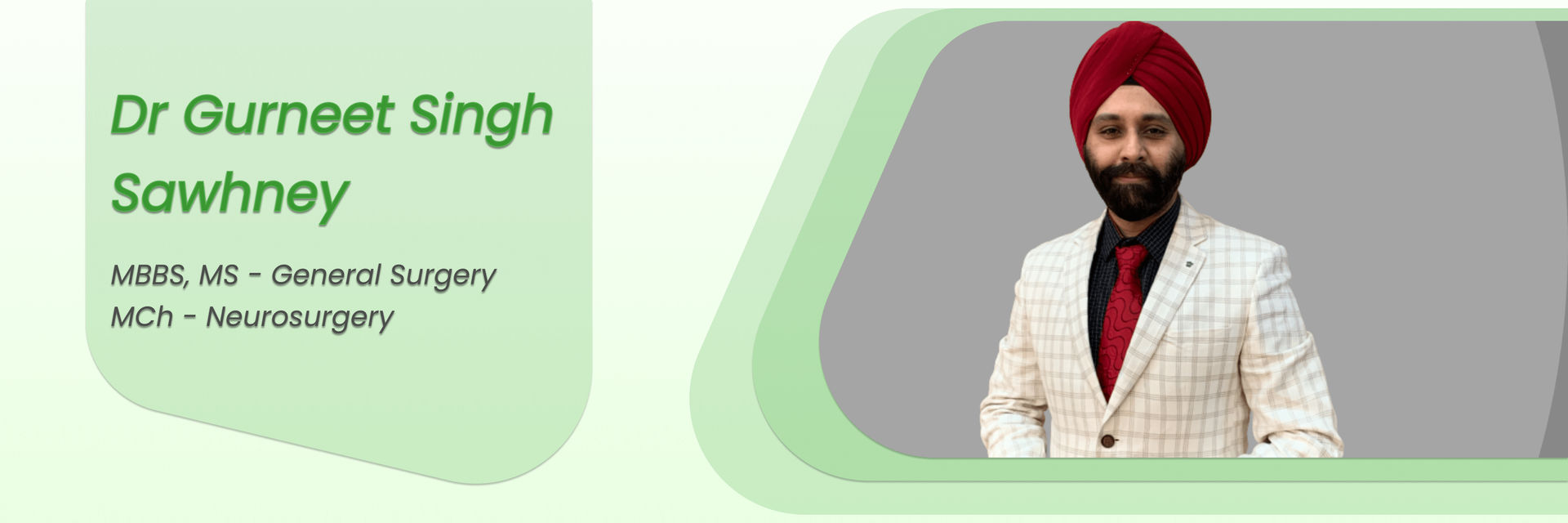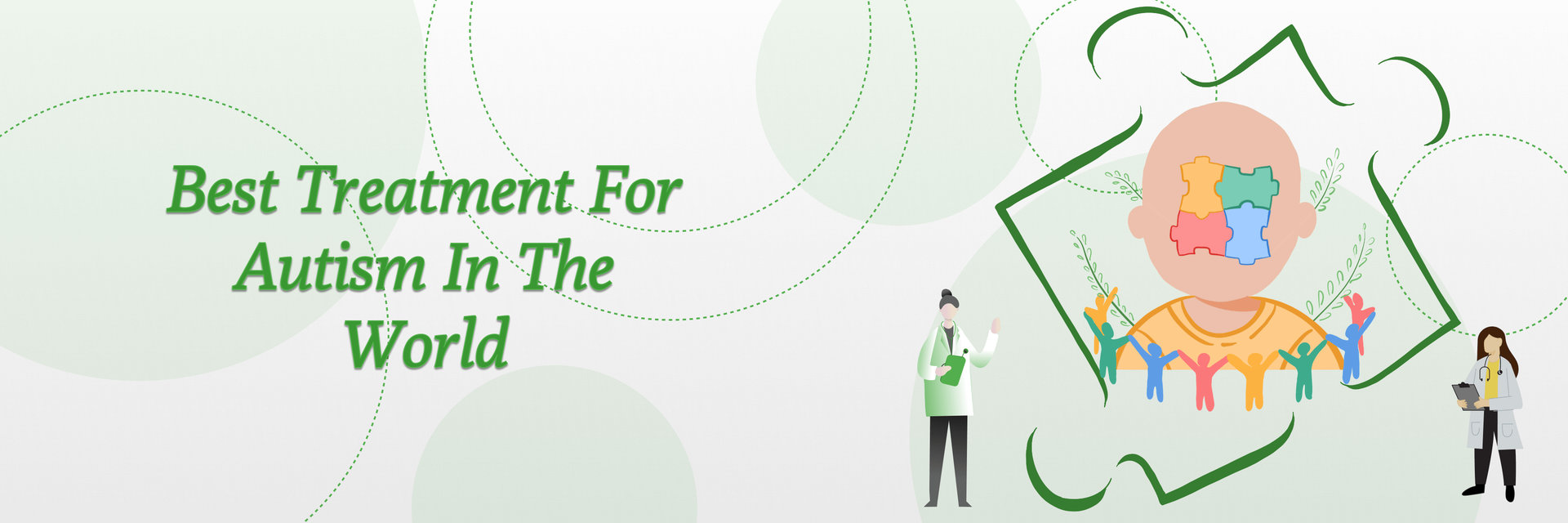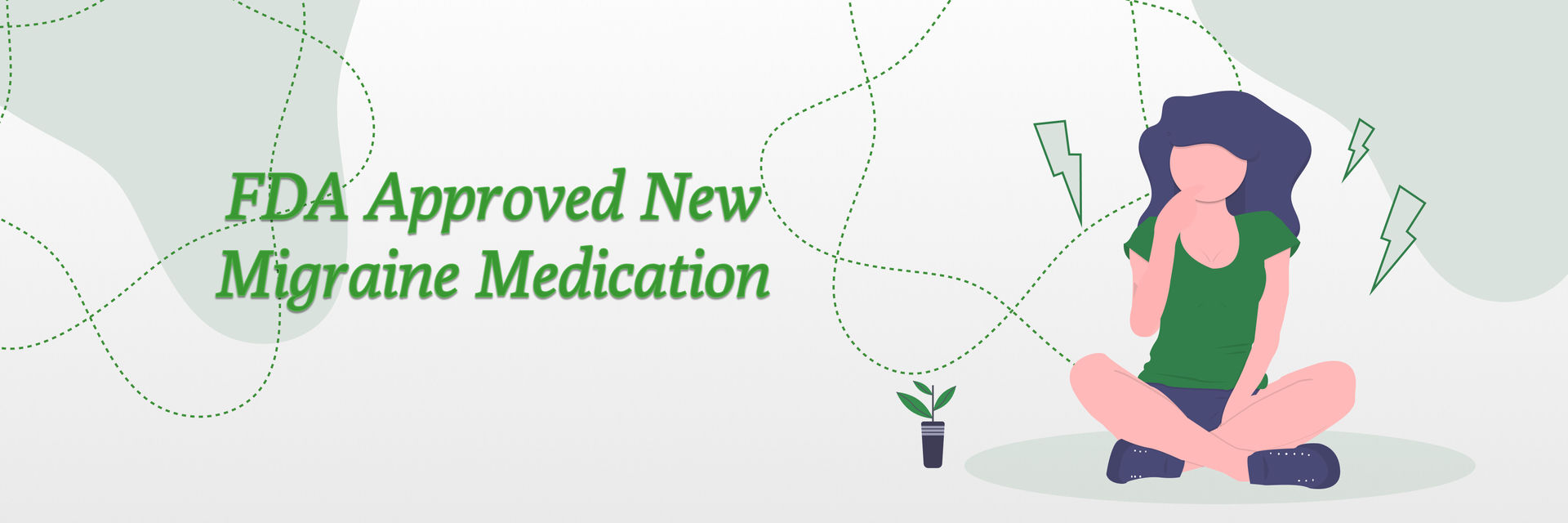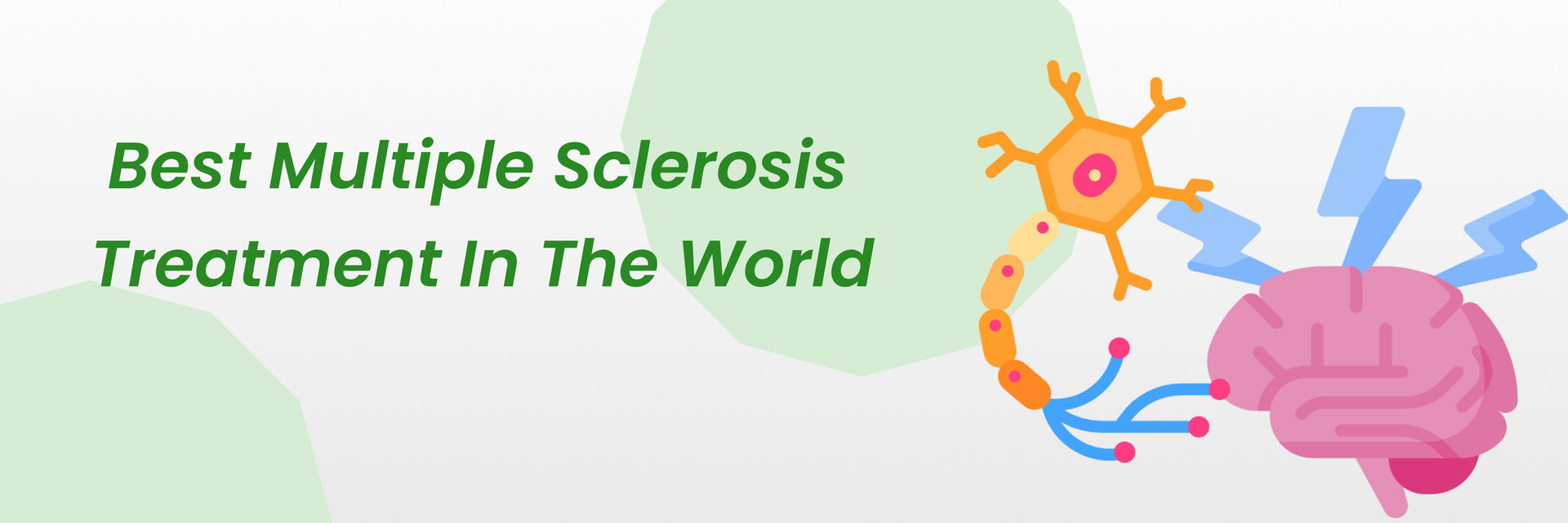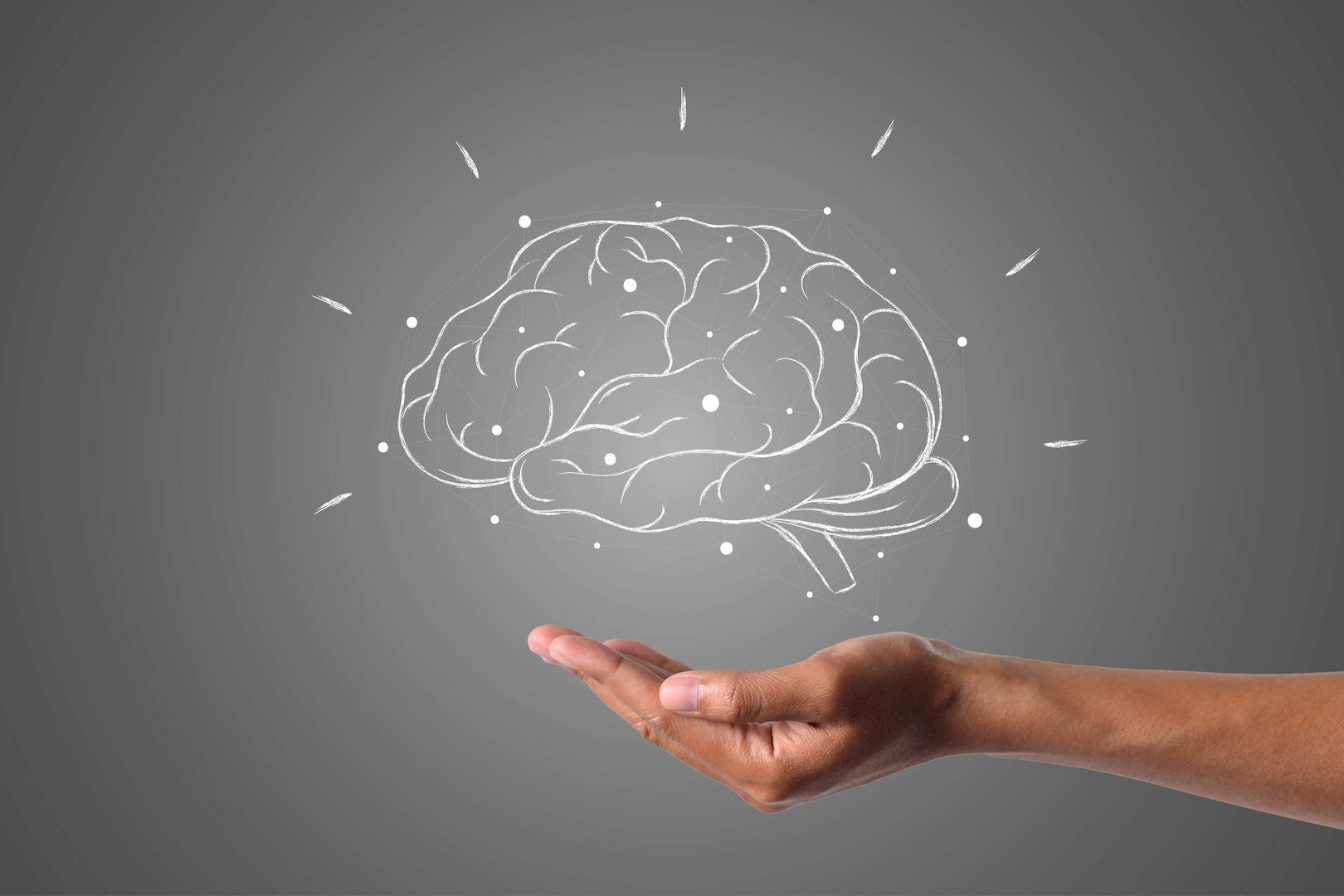Overview:
Huntington's disease is a devastating neurodegenerative disorder that affects the brain, causing the gradual breakdown of nerve cells. Over time, it severely impacts both physical and mental abilities. Typically, symptoms begin to appear between the ages of 30 and 50 and worsen as the disease progresses.
While relatively rare in India, Huntington’s disease leaves a profound impact on those diagnosed and their families. Estimates suggest there are around 2 to 10 cases per 100,000 people in India. However, due to limited awareness and diagnosis, the actual numbers could be higher.
As researchers explore new treatment avenues, one innovative approach gaining attention is stem cell therapy for Huntington’s disease. This article dives into how this experimental treatment could change the future of care for this challenging neurodegenerative illness.
Discover how regenerative medicine can make a difference, Enquire Now for a personalized treatment plan
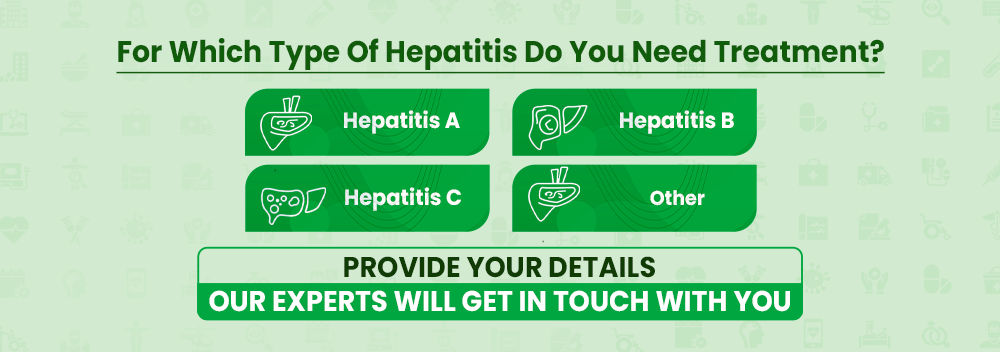
Understanding Huntington's Disease
Huntington’s disease is caused by a genetic mutation that produces a faulty version of the huntingtin protein. This leads to the progressive death of neurons in the brain, resulting in symptoms such as:
- Cognitive decline - Gradual loss of memory, focus, and decision-making ability.
- Motor dysfunction - Includes involuntary movements, muscle stiffness, tremors, and difficulty with balance and coordination.
- Emotional instability - Mood swings, depression, anxiety, and irritability are common due to changes in brain function.
- Speech and swallowing difficulties - Speech may become slurred or slow. Swallowing can become difficult, increasing the risk of choking and malnutrition.
Unfortunately, there is currently no cure for Huntington’s disease. Existing therapies only manage the symptoms, not the underlying cause.
Can Stem Cells Help with Huntington’s Disease?
The use of stem cell therapy in neurodegenerative diseases is a hot topic in medical research. In Huntington’s, stem cells may offer a way to:
- Replace lost or damaged neurons
- Promote brain regeneration
- Slow down disease progression
Stem cells, such as mesenchymal stem cells (MSCs) and induced pluripotent stem cells (iPSCs), have shown potential in preclinical trials for neurodegenerative disorders.
How Does Stem Cell Therapy Work for Huntington's Disease?
Stem cell therapy for Huntington’s disease usually involves injecting healthy stem cells into the brain or bloodstream. These cells can:
- Migrate to damaged areas
- Release neurotrophic factors to protect existing neurons
- Potentially transform into new neurons to restore lost functions
Studies have reported that some patients experienced:
- Improved motor control
- Enhanced cognitive performance
- Better emotional balance
However, outcomes can vary, and further research is necessary to establish consistent results."
Want to Know if Stem Cell Therapy is Right for You? Book an Appointment to learn more about stem cell therapy for Huntington’s disease.

Is Stem Cell Therapy for Huntington’s Disease FDA Approved?
Currently, stem cell therapy for Huntington’s disease is not FDA approved. Clinical trials are ongoing, and researchers are working to establish long-term safety and efficacy.
In India, the therapy is available at select clinics, though it remains experimental. It's crucial that patients consult with experts and understand the ethical and medical risks involved.
What Are the Benefits of Stem Cell Therapy for Huntington's Disease?
Stem cell therapy may offer several advantages for patients:
- Symptom relief: Improved motor skills, memory, and coordination
- Better quality of life: Enhanced independence and emotional well-being
- Neuroprotection: Slowing the progression of neurodegeneration
A study at NeuroGen Brain and Spine Institute in India showed improved patient outcomes, including reduced chorea (involuntary movements) and better cognitive function.
Risks and Ethical Considerations
Despite its promise, stem cell therapy for neurodegenerative diseases comes with risks:
- Immune rejection - The body may recognize transplanted stem cells as foreign and attack them.
- Tumor formation - Stem cells can potentially form tumors if they grow uncontrollably.
- Unregulated clinics offering unproven treatments - Some clinics provide unsafe, unproven therapies without scientific backing or oversight.
- Ethical concerns, especially around embryonic stem cells
Stem cell therapy could be the next step toward better quality of life.Visit ClinicSpots to connect with specialists and explore tailored treatment options
Stem Cell Therapy for Huntington’s Disease in India
Several centers in India offer stem cell therapy for Huntington’s disease, including:
1. All India Institute of Medical Sciences (AIIMS), New Delhi
Specialization: Known for advanced neurological and stem cell research, AIIMS is one of the top institutions involved in treating complex neurodegenerative disorders.
Notable Achievements:
- Established a dedicated Stem Cell Facility in 2005 to advance clinical and basic research in stem cells.
- Conducted pilot studies exploring stem cell therapies for conditions like diabetes, muscular dystrophy, cerebral palsy, and Parkinson's disease.
- Engaged in collaborative stem cell research with international institutions to enhance translational applications.
- Published numerous peer-reviewed studies on the safety and efficacy of stem cell applications in neurodegenerative diseases.
2. NeuroGen Brain and Spine Institute, Mumbai
Specialization: Focused on regenerative medicine and stem cell therapy for neurological and neurodevelopmental disorders.
Notable Achievements:
- Treated over 5,000 patients from 50+ countries using autologous bone marrow-derived stem cells.
- Awarded “Best Hospital” by Europe Business Assembly and “Inspirational Company” by World Confederation of Business in 2017.
- Published over 100 scientific papers on stem cell therapy outcomes in international journals.
- Pioneered integrated neuro-rehabilitation with stem cell therapy for conditions like autism, spinal cord injury, and cerebral palsy.
3. StemRx Bioscience Solutions, Navi Mumbai
Specialization: Offers personalized regenerative therapies targeting neurological, orthopedic, metabolic, genetic, autoimmune, and respiratory conditions.
Notable Achievements:
- Developed customized protocols for treating over 100 degenerative and chronic conditions.
- Operates GMP-certified laboratories and holds manufacturing licenses for NK Cells, MSCs, and L-PRP.
- Offers end-to-end therapeutic solutions, from cell processing to clinical application, under one roof.
- Recognized for innovative regenerative techniques and ISO-certified processes ensuring international standards.
4. Narayana Health, Bangalore
Specialization: Renowned for advanced oncology, neurology, and stem cell-based treatments, including bone marrow and CAR-T cell therapies.
Notable Achievements:
- Performed over 215 pediatric bone marrow transplants in 2023, ranking among the world’s highest.
- Successfully completed 1,000+ bone marrow transplants, positioning itself as a top center in Karnataka and India.
- Known for its cutting-edge CAR-T cell therapy program, offering hope for resistant blood cancers.
- Hosts a dedicated stem cell transplant unit with expert multidisciplinary teams and advanced infrastructure.
Take the First Step Toward Better Health - Discover leading hospitals offering advanced stem cell therapy across India.
Cost of Stem Cell Therapy for Huntington’s Disease in India
The cost of stem cell therapy in India can range from ₹3 lakhs to ₹10 lakhs, depending on the clinic, treatment cycle, and complexity of the case. Patients are encouraged to discuss the pricing in detail with their medical provider and confirm whether services like genetic counseling and follow-up care are included.
Factors Influencing the Cost of Stem Cell Therapy
- Type of Stem Cells – MSCs, iPSCs, or embryonic cells differ in cost
- Number of Sessions – More cycles mean higher total expense
- Clinic/Hospital Reputation – Renowned centers may charge premium rates
- Treatment Package – Inclusion of tests, rehab, and counseling affects price
- Location – Costs may be higher in metro cities than in smaller towns.
Conclusion:
While still in its early stages, stem cell therapy for Huntington’s disease offers hope to patients facing this difficult condition. With ongoing research, advancements in technology, and increased awareness, stem cells may one day provide a viable treatment for Huntington’s disease.For now, patients and families should remain informed, consult with neurologists, and consider all treatment options—experimental and conventional—before making a decision.
References:
https://www.ncbi.nlm.nih.gov/pmc/articles/PMC4021764/
https://www.sciencedirect.com/science/article/pii/S0361923023001053

